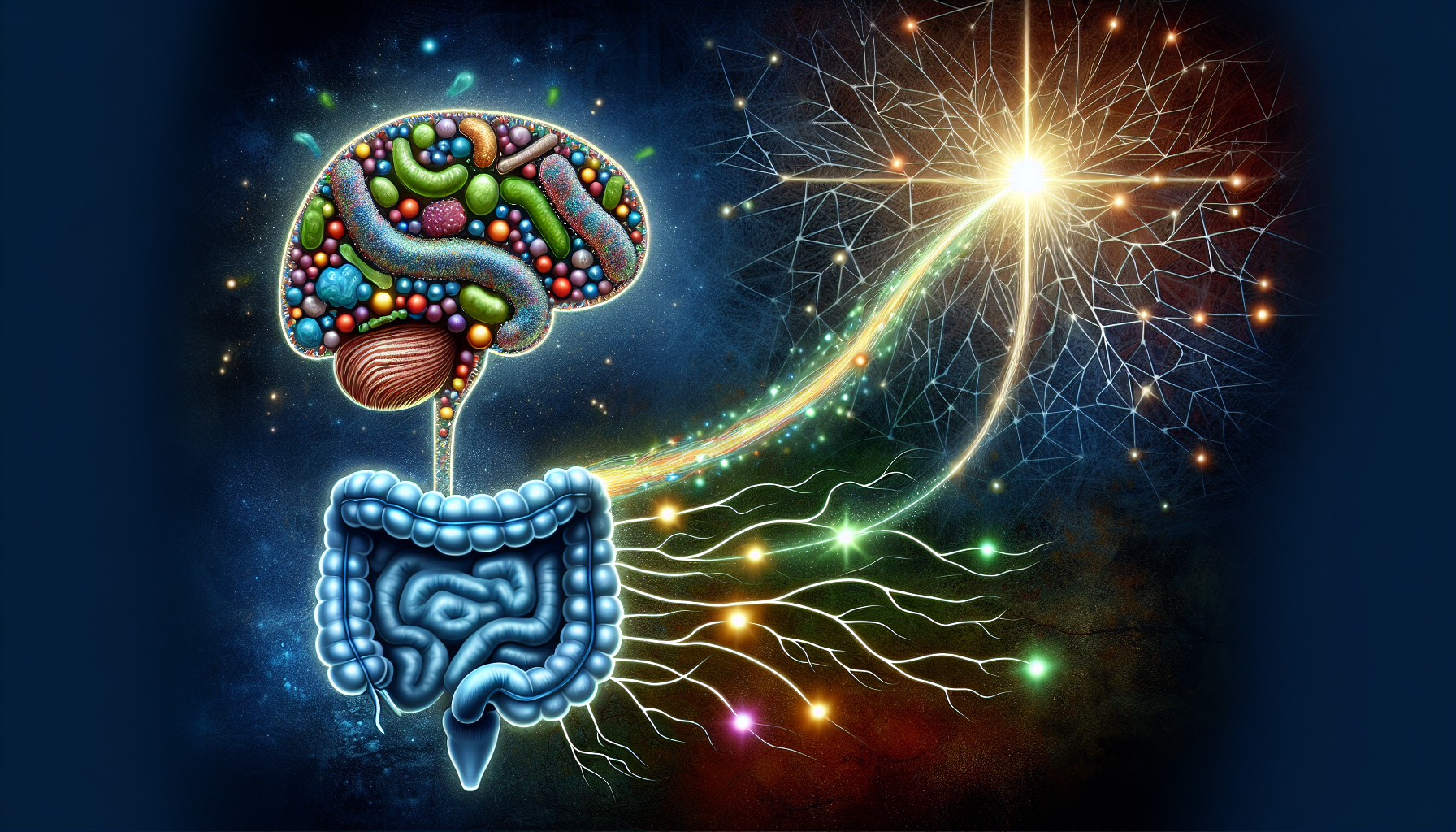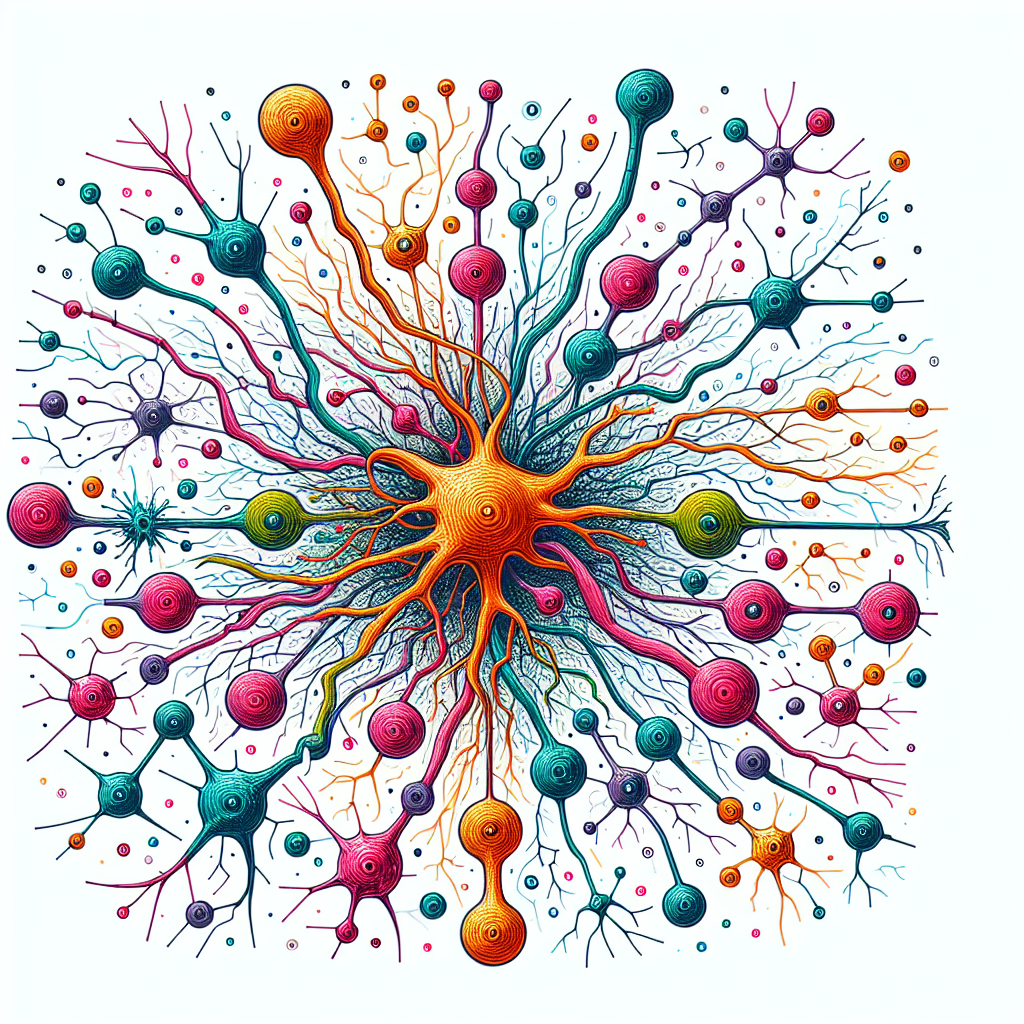The human body is an intricate system, with each part interconnected in ways that contribute to overall health and well-being. One of the most fascinating connections is between the gut microbiome and brain health. This relationship is crucial, as it can influence mood, cognitive function, and even the risk of neurological diseases. In this detailed exploration, we will delve into the science behind this connection, revealing how nurturing your gut health can have a profound impact on your brain.
The Gut-Brain Axis: A Two-Way Communication
The gut-brain axis refers to the bidirectional communication pathway between the central nervous system and the enteric nervous system of the gut. This axis includes the vagus nerve, neurotransmitters, immune system components, and gut hormones, all of which help relay information between the gut and the brain.
Recent studies have shown that the gut microbiome, which is composed of trillions of bacteria, viruses, and fungi, plays a significant role in this communication process. The microbiome influences the gut-brain axis by producing various substances that can affect brain function, including short-chain fatty acids (SCFAs), neurotransmitters, and metabolic by-products.
The Impact of Gut Microbiota on Mental Health
Alterations in the gut microbiota have been linked to mental health issues, such as anxiety and depression. The microbiome can affect the levels of serotonin, often referred to as the "feel-good" neurotransmitter, which is predominantly produced in the gut. An imbalance in gut bacteria can lead to a decrease in serotonin production, potentially leading to mood disorders.
For a deeper understanding of this connection, the article Understanding Neuroplasticity and Brain Health provides insights into how the brain can change and adapt, which is also influenced by gut health.
Cognitive Function and the Microbiome
Cognition encompasses various mental processes, including learning, memory, and problem-solving. Research indicates that gut microbiota can influence cognitive function by affecting neuroinflammation and neurogenesis. For instance, SCFAs produced by gut bacteria can promote the growth of new neurons and strengthen the blood-brain barrier, potentially enhancing cognitive abilities.
Those interested in learning more about cognitive function and its dietary influences can reference the article How Diet Affects Your Cognitive Function.
Neurodegenerative Diseases and the Gut Microbiome
There is growing evidence suggesting a link between gut microbiota and neurodegenerative diseases like Alzheimer’s and Parkinson’s. Changes in the composition of the gut microbiome can trigger inflammation, which may contribute to the development of these conditions. Additionally, certain gut bacteria can produce amyloid proteins, which are associated with the pathology of neurodegenerative diseases.
For strategies to protect against such diseases, consider reading Protecting Against Neurodegenerative Diseases.
Modulating the Gut Microbiome for Better Brain Health
Given the strong connection between the gut and the brain, it’s possible to enhance brain health by targeting the gut microbiome. Here are some strategies:
Diet
A diet rich in fiber, fermented foods, and diverse plant-based foods can promote a healthy gut microbiome. These dietary choices encourage the growth of beneficial bacteria, which can have a positive impact on brain health.
Probiotics and Prebiotics
Probiotics are live beneficial bacteria, while prebiotics are the non-digestible fibers that feed these bacteria. Together, they support a balanced gut ecosystem, which can improve mental health and cognitive function.
Regular Exercise
Physical activity can also shape the gut microbiome, leading to increased diversity and the production of beneficial metabolites. The article The Importance of Regular Exercise for Brain Health highlights the benefits of exercise on the brain, which are partly mediated by improvements in gut health.
Stress Management
Chronic stress can negatively alter the gut microbiome. Techniques like mindfulness, meditation, and adequate sleep can reduce stress levels, thereby supporting a healthier gut-brain connection.
External Resources for Further Reading
For those seeking additional information on the gut microbiome’s influence on the brain, the following resources offer valuable insights:
- A comprehensive review published in the journal Cell discussing the mechanisms by which the gut microbiota can impact the brain.
- A study in the Journal of Neuroscience exploring the role of gut bacteria in anxiety and depression.
- An article from Harvard Health Publishing examining dietary strategies to maintain a healthy gut microbiome.
Conclusion
The symbiotic relationship between the gut microbiome and brain health is an emerging field of research with significant implications for mental and cognitive well-being. By understanding and nurturing this connection, individuals can take proactive steps to support their brain health through gut health.
Incorporating a balanced diet, regular exercise, and effective stress management techniques are practical ways to maintain a healthy gut-brain axis. As research continues to unfold, the potential for new therapeutic interventions targeting the gut microbiome to improve brain health is an exciting prospect.
By embracing the principles outlined in this article and further exploring resources such as Brain Health, individuals can empower themselves with knowledge and take charge of their mental and cognitive health for a brighter, healthier future.



